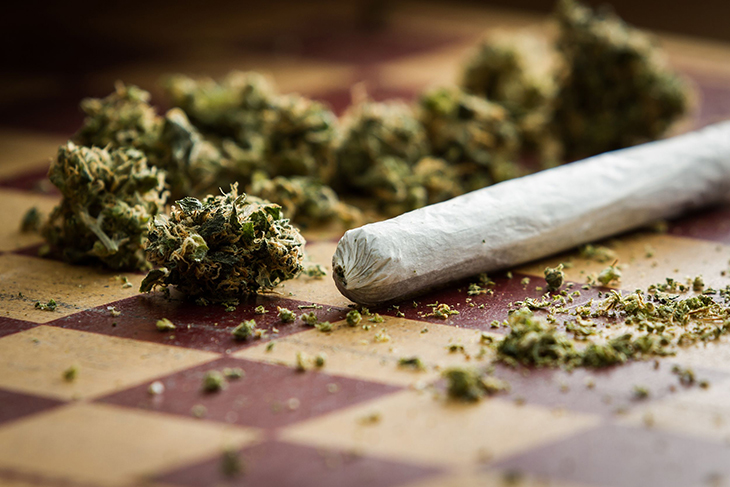
In a vital paper that was recently written, economists were able to gather evidence on the societal effects and implications of cannabis legalization. They saw that it had managed to lower several incidents such as rates of suicide, binge drinking, traffic fatalities, and ironically, cannabis use among the teenage folks.
Now that recreational cannabis has been made legal in 18 states, and has been medically authorized in 36 states, there were several concerns aired about the effects of widespread societal access. This is why the researchers decided to look into the matter and heavily research on the issue.
A lot of the scientific research that has been gathered in a meta-analysis consisted of a collection of 36 different papers that had been published between the years 2013 to 2021. The findings of these study show that the societal impact of cannabis legalization has brought about significant positive outcomes for the areas involved.
The issue received one major criticism from parents concerned and from conservative politicians. They say that the increased legalization may also result to increased consumption of cannabis from the younger people.
This criticism serves as a good example of the theory of the author Jonathan Haidt who showed in his classic volume The Righteous Mind that most people form their opinions through emotional conclusions. For this case, many believe that teenage consumption of cannabis is bad, then they simply go straight to the ad-hoc rationalization backwards to see any kind of intuitive reasoning required just to justify what instinct tells them.
Logical it may seem, many have already operated under the assumption that if cannabis were to be legalized, it would also be consumed more. In reality, however, it was the exact opposite. In fact, the meta-analysis that published in the Journal of Economic Literature saw that teenage access to cannabis went down by 8 percent. As for frequent use, it also went down by 9 percent.
The reasoning behind it call could be that once drug dealers were replaced by dispensaries with a legal obligation to check ID, teens who want it would be unable to access it as freely and frequently.
In another study made, cannabis legalization was found, during the years 1999 to 2010, to be inversely associated with opioid overdose deaths. Although, when 2011 to 2017 came into the picture and analysis, the effect waned.
That was because this could have been representative of the evolution of the opioid epidemic, where “perhaps marijuana and prescription pain medications are substitutes, but marijuana and heroin are not.”
However, that wasn’t the only study that was connected to cannabis legalization lowering opioid deaths. Two other studies that were published in 2019 and 2020 found the same. In fact, the second study determined it to be 16 to 21 percent. This, in itself, had produced a few interesting results that they believe should be considered.
Another finding that was vital for health concerns of every person was “strong evidence that legalizing marijuana discourages the use of alcohol, especially binge drinking.”
Perhaps as a result of this lowering in the consumption of alcohol, there were also significantly less annual counts connected to traffic fatalities.
“Anderson, Hansen, and Rees (2013) were the first researchers to estimate the effects of [medical marijuana law] adoption on traffic fatality rates,” the authors had written.
“These authors found that legalizing marijuana for medicinal purposes was associated with a 9 to 10 percent reduction in traffic fatalities… with larger negative effects on traffic fatalities involving alcohol, traffic fatalities on the weekends, and traffic fatalities at night.”
In even more good news seen, cannabis legalization was linked with reduced state-wide numbers of suicide incidents in males, with an 11 percent reduction in those from aged 20 to 29 years old, as well as a 9 percent reduction among those aged 30 to 39 years old.



